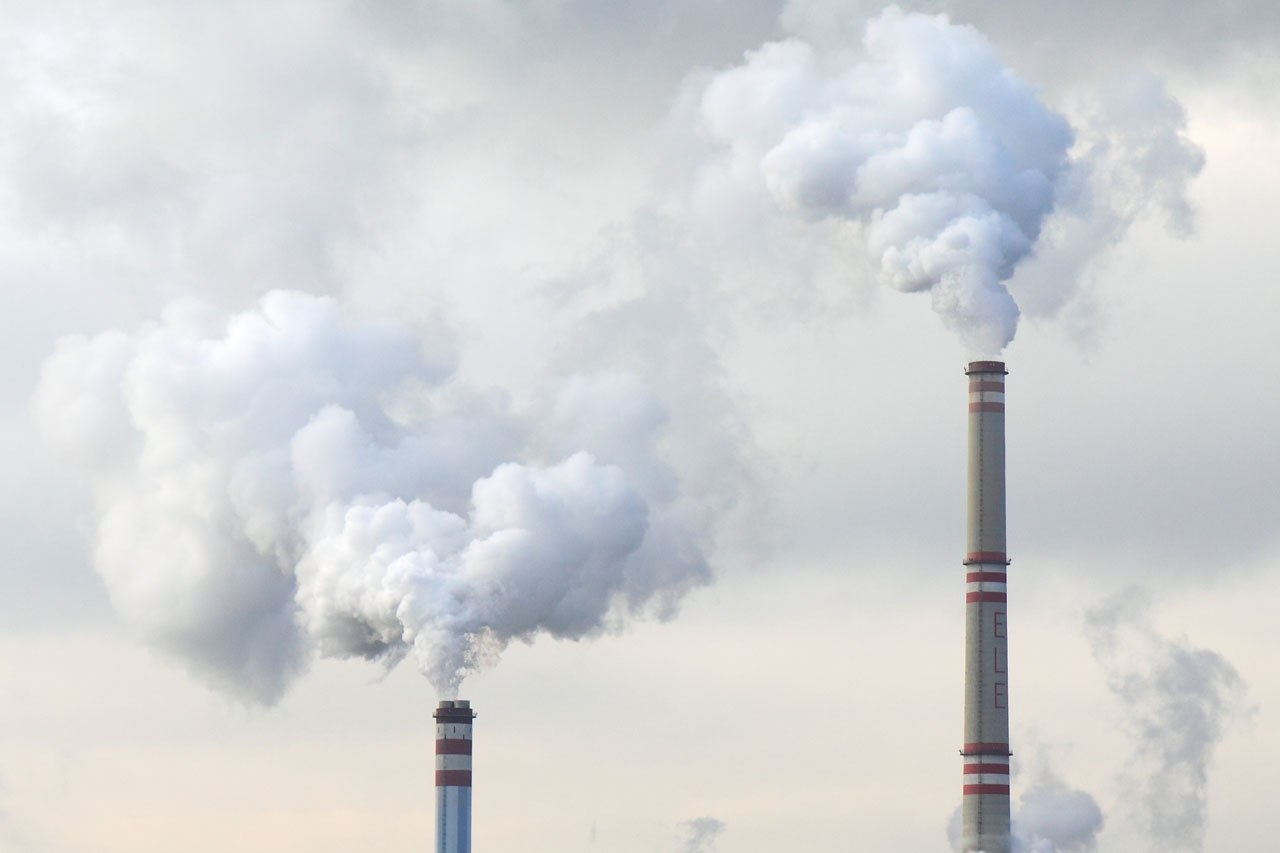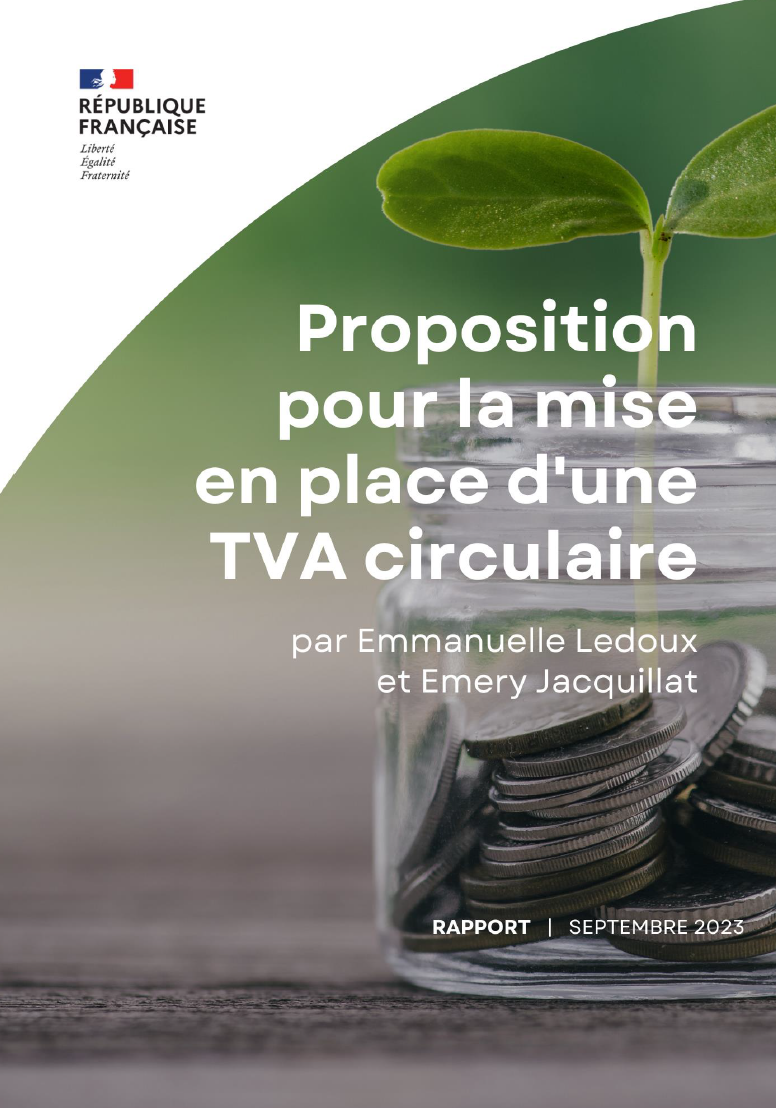Environment ministers from around the world are meeting in New York this week to review the progress of several Sustainable Development Goals (SDGs). One of the goals to be reviewed is SDG12 – ‘Ensure sustainable consumption and production’, which includes a target to rationalize inefficient fossil fuel subsidies that encourage wasteful consumption. Understanding the size of existing fossil fuel subsidies is an important first step to achieving this target.
[box type=”bio”]  Joy Aeree Kim, PhD is a Senior Economic Affairs Officer at UN Environment. She has been working in the area of macro-economic and environmental policies for nearly 20 years. She is currently leading a ‘green fiscal policy’ project in the Economy Division of UN Environment and served as a co-chair of the Fiscal Instruments Research Committee of the Green Growth Knowledge Platform (GGKP). Before joining UN Environment, she worked as a senior policy analyst at the Organisation for Economic Cooperation and Development (OECD) in Paris. She holds a doctoral degree from the University of East Anglia in the UK.[/box]
The meeting of the High-level Political Forum on Sustainable Development will be held from 9-18 July 2018. Under the theme of “Transformation towards sustainable and resilient societies”, several Sustainable Development Goals (SDGs) will be reviewed in- depth to measure the progress of countries in achieving these SDGs. Among others, SDG 12 includes a target to rationalize inefficient fossil fuel subsidies that encourage wasteful consumption (SDG12c). In many countries the production and use of fossil fuels continues to be encouraged through large subsidies.
Joy Aeree Kim, PhD is a Senior Economic Affairs Officer at UN Environment. She has been working in the area of macro-economic and environmental policies for nearly 20 years. She is currently leading a ‘green fiscal policy’ project in the Economy Division of UN Environment and served as a co-chair of the Fiscal Instruments Research Committee of the Green Growth Knowledge Platform (GGKP). Before joining UN Environment, she worked as a senior policy analyst at the Organisation for Economic Cooperation and Development (OECD) in Paris. She holds a doctoral degree from the University of East Anglia in the UK.[/box]
The meeting of the High-level Political Forum on Sustainable Development will be held from 9-18 July 2018. Under the theme of “Transformation towards sustainable and resilient societies”, several Sustainable Development Goals (SDGs) will be reviewed in- depth to measure the progress of countries in achieving these SDGs. Among others, SDG 12 includes a target to rationalize inefficient fossil fuel subsidies that encourage wasteful consumption (SDG12c). In many countries the production and use of fossil fuels continues to be encouraged through large subsidies.
 Source: ‘Measuring Fossil Fuel Subsidies in the context of the Sustainable Development Goals’, UN Environment, Forthcoming.
Source: ‘Measuring Fossil Fuel Subsidies in the context of the Sustainable Development Goals’, UN Environment, Forthcoming.
 Joy Aeree Kim, PhD is a Senior Economic Affairs Officer at UN Environment. She has been working in the area of macro-economic and environmental policies for nearly 20 years. She is currently leading a ‘green fiscal policy’ project in the Economy Division of UN Environment and served as a co-chair of the Fiscal Instruments Research Committee of the Green Growth Knowledge Platform (GGKP). Before joining UN Environment, she worked as a senior policy analyst at the Organisation for Economic Cooperation and Development (OECD) in Paris. She holds a doctoral degree from the University of East Anglia in the UK.[/box]
The meeting of the High-level Political Forum on Sustainable Development will be held from 9-18 July 2018. Under the theme of “Transformation towards sustainable and resilient societies”, several Sustainable Development Goals (SDGs) will be reviewed in- depth to measure the progress of countries in achieving these SDGs. Among others, SDG 12 includes a target to rationalize inefficient fossil fuel subsidies that encourage wasteful consumption (SDG12c). In many countries the production and use of fossil fuels continues to be encouraged through large subsidies.
Joy Aeree Kim, PhD is a Senior Economic Affairs Officer at UN Environment. She has been working in the area of macro-economic and environmental policies for nearly 20 years. She is currently leading a ‘green fiscal policy’ project in the Economy Division of UN Environment and served as a co-chair of the Fiscal Instruments Research Committee of the Green Growth Knowledge Platform (GGKP). Before joining UN Environment, she worked as a senior policy analyst at the Organisation for Economic Cooperation and Development (OECD) in Paris. She holds a doctoral degree from the University of East Anglia in the UK.[/box]
The meeting of the High-level Political Forum on Sustainable Development will be held from 9-18 July 2018. Under the theme of “Transformation towards sustainable and resilient societies”, several Sustainable Development Goals (SDGs) will be reviewed in- depth to measure the progress of countries in achieving these SDGs. Among others, SDG 12 includes a target to rationalize inefficient fossil fuel subsidies that encourage wasteful consumption (SDG12c). In many countries the production and use of fossil fuels continues to be encouraged through large subsidies.
What is the value of fossil fuel subsidies?
Currently, there are several estimates of the value of fossil fuel subsidies in the absence of an internationally agreed methodology for monitoring fossil fuel subsidies. The most recent estimates of the annual value of these subsidies range from USD 160 billion to as much as USD 5.3 trillion when the value of combustion-related externalities are included. Such disparity in available estimates is attributable to the coverage of countries, the type of fuel included, the scope of subsidies defined, as well as the estimation methods used.[1] Figure 1: Overview of current estimates of the value of fossil fuel subsidies Source: ‘Measuring Fossil Fuel Subsidies in the context of the Sustainable Development Goals’, UN Environment, Forthcoming.
Source: ‘Measuring Fossil Fuel Subsidies in the context of the Sustainable Development Goals’, UN Environment, Forthcoming.






